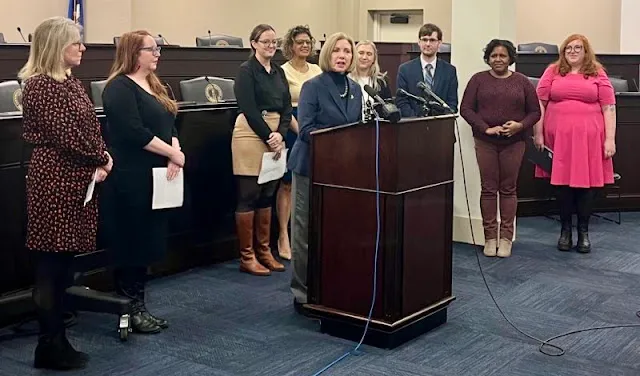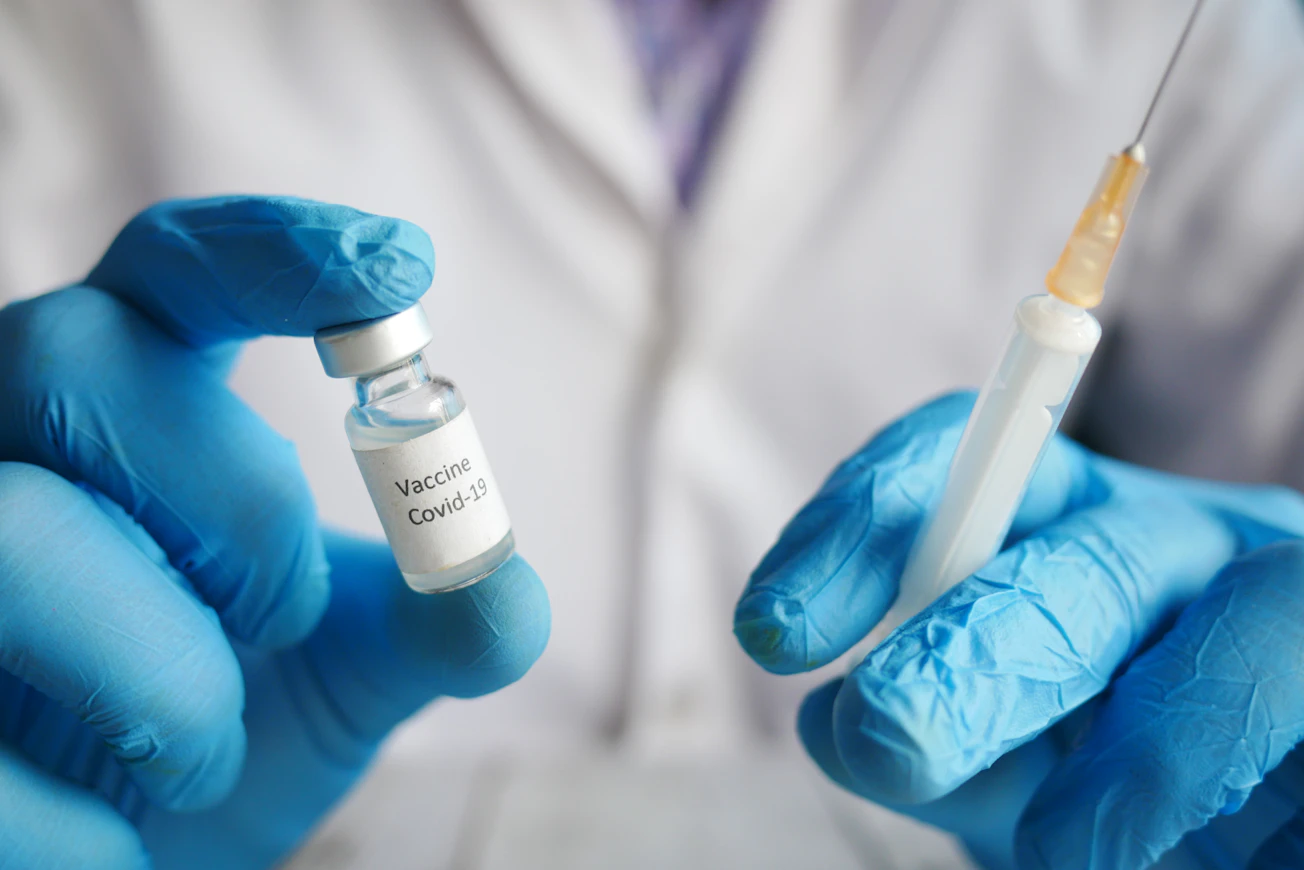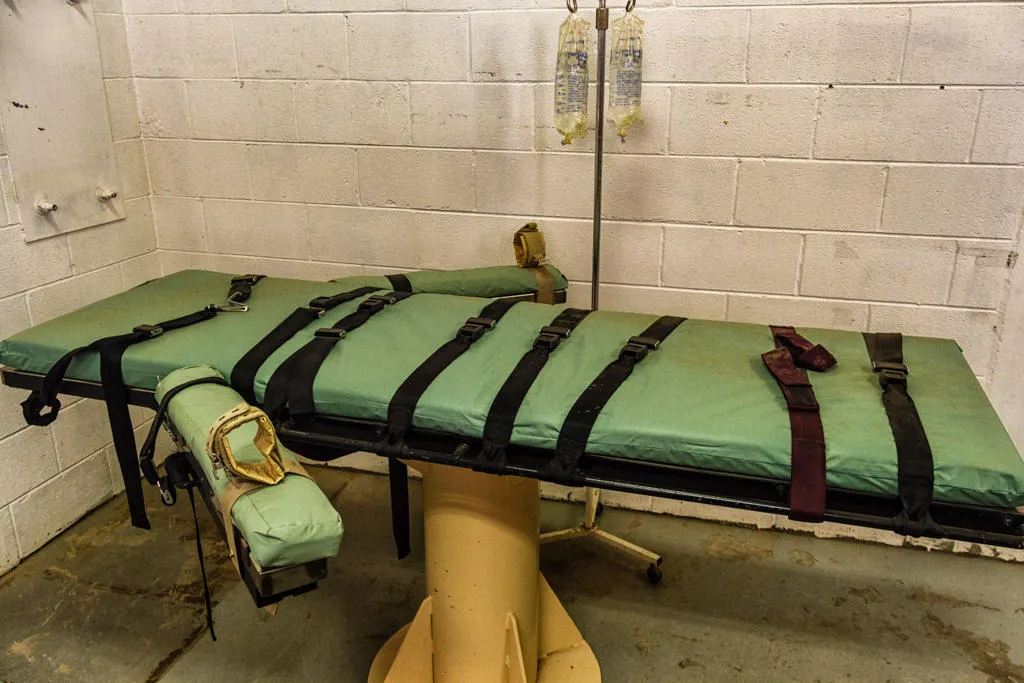Kentucky is one of 21 states that taxes period products, according to the Alliance for Period Supplies, but several Republican and Democratic lawmakers in the state want to change that.
They say the products shouldn’t cost more because they aren’t optional expenses. Kentucky's sales tax does not apply to prescription drugs and food.
Rep. Lisa Willner (D-Louisville) said Thursday she plans to file legislation to remove sales tax from menstrual products. A similar bill filed Tuesday by Republican Rep. Kim Banta of Ft. Mitchell also proposes removing sales and use tax from period products.
Willner’s bill would go further by also requiring public schools with grades 6 through 12 to provide at least one kind of free period product in at least half of their student bathrooms. On Tuesday, the first day of the legislative session, Sen. Denise Harper Angel (D-Louisville) filed SB 38 to require public schools with any of the grades 4-12 to provide free feminine hygiene products to female students.
Wilner proposed similar legislation last session, with Republican co-sponsors, but that bill did not advance.
At a press conference Thursday, Willner said that she’s had “productive conversations with colleagues across the aisle” about the issue, including Appropriations and Revenue Committee members. Willner’s bill includes a $2 million annual appropriation.
“The question that I always get is: ‘You’re a Democrat, you’re in the minority in a very large supermajority. Is this bill going to pass?’ I don’t know the answer to that,” she said.
Tamarra Wieder, state director of Planned Parenthood Alliance Advocates, said “Student health, attendance, and overall concentration increases for students by simply providing free period products in public schools. Soap and toilet paper are already expected. It’s time for students who menstruate to have the same access to these basic and necessary supplies.”
The Alliance for Period Supplies says one in four teenagers have had to miss a class because they didn’t have period products.
Laurie Grimes, a pediatric psychologist representing the Kentucky Psychological Association, said period product equity is a mental health issue as well as a gender and economic one.
“When access to these essential, necessary, not-optional products is uncertain, the burden of managing normal bodily functions can be distressing and anxiety producing,” Grimes said. “Students unable to access products may miss school, miss work, miss extracurricular responsibilities and commitments. These stresses can affect mood, motivation, self concept, body image, and overall well being.”
Willner was also joined by representatives from the American Civil Liberties Union of Kentucky and Period Y’all, who spoke in support of the bill.
Tristan Perry, a social work student at Kentucky State University, also spoke in support of the bill and encouraged more men to speak up on the issue.
“Any social worker would tell you that our main goal is to ensure that everyone’s basic needs are being met, regardless of gender, economic status, or income level,” he said. “This legislation would help them compete that way.”
Perry added, “If we hope to move forward, everyone, including myself and other men must be willing to have these conversations and normalize talking about the reproductive role of women, instead of treating it as something to be ashamed of. It is not my role to speak for women. But I hope that more men will be willing to speak with women on such issues.”
Willner said her conversations with colleagues have been met with “receptivity” as well as some “embarrassment.”
--30--
Written by Sarah Ladd. Cross-posted from Kentucky Health News.







